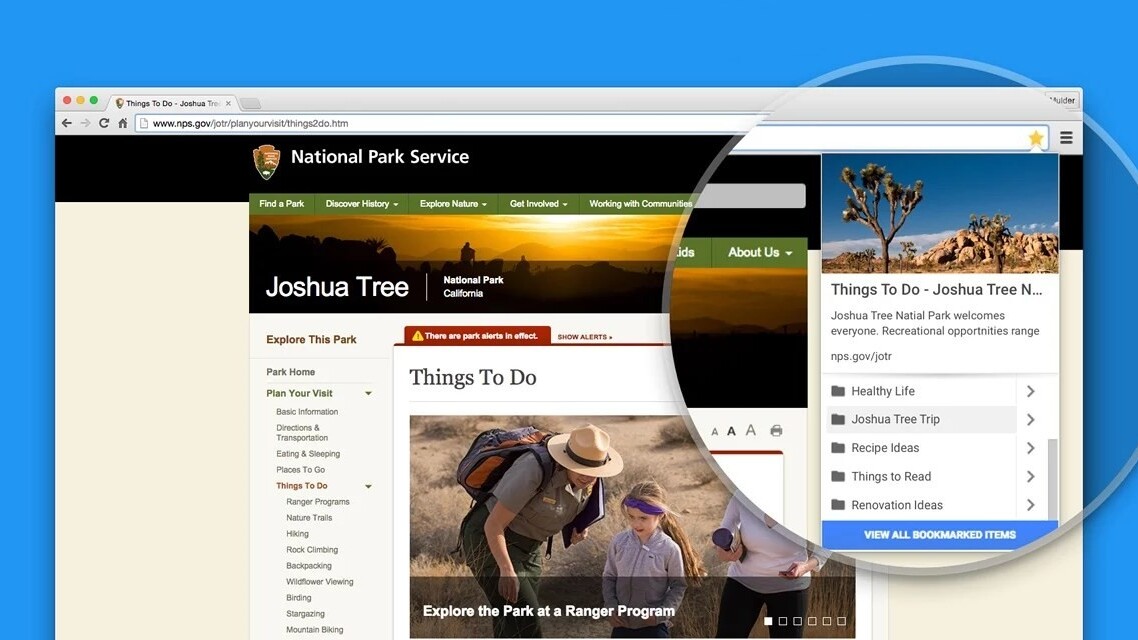
Once a crazed digital hoarder, I hardly bookmark Web pages while browsing anymore. And while chatting about it with my colleagues yesterday, I found out that I’m not alone.
Sure, that’s by no means enough evidence to validate the notion that bookmarking is on its way out. But our discussion got me thinking that perhaps our needs and usage habits have changed so much recently that the traditional bookmark needs to evolve to survive.
For years, I used to meticulously bookmark pages and keep them organized — until my favorite service Kippt announced it was shutting down. I tried several alternatives like Dragdis and Raindrop but they just didn’t cut it.

I tried switching back to Chrome’s own bookmarks manager, which actually worked well for me — it intelligently suggested folders and remembered the last folders I saved a page to, making it easy to organize my favorites.
However, even with a handy tool at my disposal, I noticed that I was clicking on the golden star less frequently.
I can think of a few reasons for this: Search has improved by leaps and bounds over the past few years, making it easy to find previously visited pages easier and quicker than sifting through bookmarks. And with cross-platform syncing, finding a page you’ve visited or saved on any of your devices is a snap too.
Read-later services have taken over my bookmarking habit — I use Pocket to save articles, catch up on them in my spare time and share them with friends in a pinch. And once I’m done with a post, I can simply archive it so it takes up less room, yet remains accessible if I ever need it in the future.
Such apps do things that most bookmarking tools aren’t great at — letting you consume the content you’ve saved at your convenience, and sharing them with your contacts.

Bookmarking makes sense for sites you visit frequently — but my self-hosted start page, which I began using a couple of years ago, makes them easily accessible on any browser without the need to log into a third-party service.

That doesn’t necessarily mean that bookmarks should cease to exist. Many people still find them useful, rely on them every day and use various tools to manage them as they like.
However, the idea of maintaining a growing collection of links without an easy way to prune it or to surface pages at the right time, seems to have aged past its prime.
Article image credit: Raindrop
Get the TNW newsletter
Get the most important tech news in your inbox each week.




